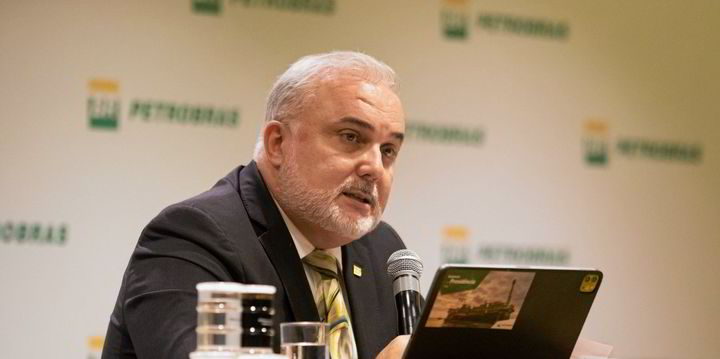The Petrobras-operated Libra consortium has brought on stream the second phase of its Mero field development in the Santos basin offshore Brazil, which is being exploited via the Sepetiba floating production, storage and offloading vessel.
The Sepetiba, also known as Mero-2, has an operational capacity of 12 million cubic metres per day of gas and 180,000 barrels per day of oil and is connected to six production and six injector wells to the field, in the first wave.
Technology applied in the construction and operation of the FPSO will increase production efficiency and contribute to emissions reductions, noted co-venturer UK supermajor Shell.
The floater has been designed for zero routine flaring to minimise greenhouse gas emissions, with the associated gas reinjected into the reservoir,
The Sepetiba is located 180 kilometres from the coast of Rio de Janeiro in a water depth of 2050 metres. Its predecessor, the Guanabara FPSO, also known as Mero-1, started production in April of 2022. The Libra consortium plans to receive two more FPSOs by the middle of the decade.
Thanks to Mero-2, the Mero field will reach a production capacity of 410,000 bpd, commented partner TotalEnergies.
Article continues below the advert
The French giant added that the two additional development phases of 180,000 bpd each — Mero-3 and Mero-4 — are currently under construction, with both start-ups expected by 2025.
SBM Offshore is responsible for the engineering, procurement, construction, mobilisation, installation and operation of the Sepetiba FPSO, including topsides processing equipment as well as the hull and marine systems. The final investment decision for the Mero-2 project was taken in June 2019.
“The production start-up of Mero-2 is a new milestone for TotalEnergies in Brazil, a key growth area for the company. With its vast resources and world-class productivity, the Mero development delivers low cost and low emission oil production, in line with the strategy of our company,” said Patrick Pouyanne, TotalEnergies chief executive.
Brazil’s national oil company Petrobras operates the unitised Mero field with a 38.6% interest and its partners are Shell and TotalEnergies with 19.3% apiece, China National Petroleum Corporation and China National Offshore Oil Corporation on 9.65% each, and PPSA — representing the government in the non-contracted area — having 3.5%.
Zoe Yujnovich, Shell’s integrated gas and upstream director, said the Sepetiba development “leverages our world-class partnership with Petrobras and reinforces our presence in one of the most productive fields in Brazil”.
“This project aligns with Shell’s ‘Powering Progress’ strategy and our commitment to leverage increasingly efficient and competitive developments in our heartlands to provide safe, secure energy supplies today and for decades to come,” she added.

